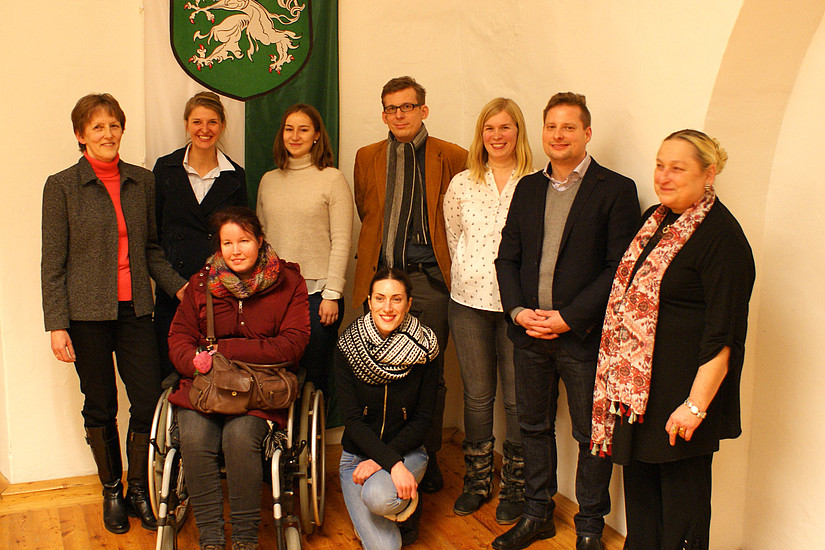

His research activities deal with development of new phases and methods for enantioseparation by chromatographic and electrophoretic techniques. Currently, he is associate professor in pharmaceutical chemistry at the Institute of Pharmaceutical Sciences, University of Graz. He performed his postdoctoral studies at the Universities of Innsbruck, Greifswald, Pécs and at Uppsala University for development of chiral phases. Martin Schmid studied chemistry at the University of Graz, Austria, and received his doctoral degree in natural sciences in terms of pharmaceutical chemistry-drug analysis. His research interests include investigation of diverse natural products such as alkaloids, quinones, flavonoids and terpenoids from a wide range of higher plant species for their antibacterial, antioxidant, anti-inflammatory, antimalarial and cytotoxic properties as well as synthesis of antimycobacterial quinolones. degree in chemistry from Addis Ababa University, Ethiopia, and his Ph.D in natural sciences from University of Graz, studying Ethiopian traditional medicinal plants for anti-inflammatory and antimicrobial compounds.

degree in chemistry from Asmara University, Eritrea, his M.Sc.

His main research activities focus on analysis of traditional medicinal plants using bioassay-guided research strategies including antibacterial plant constituents as well as plant natural products as modulators of bacterial resistance.Ībraham Wube is a senior post-doc researcher at the Department of Pharmacognosy, University of Graz. Currently, he is associate professor in pharmacognosy at the Institute of Pharmaceutical Sciences, University of Graz. He performed postdoctoral studies at the School of Pharmacy, University of London, studying alkaloids and flavonoids, and at Uppsala University for anti-inflammatory bioassays. Selected work published between 2008 and mid-2012 is covered.įranz Bucar studied pharmacy at the University of Graz, Austria, where he also received his doctoral degree in natural sciences. Methods for proper identification of plant material, problems of post-harvest changes in plant material, extraction methods including application of ionic liquids, de-replication procedures during natural product isolation are further issues to be discussed by the review. Special attention is given to chiral stationary phases in isolation of natural products. Furthermore, examples of using different preparative solid-phase extraction (SPE) columns including molecular imprinting technology have been included. Although methods described earlier like the liquid-solid chromatographic techniques (VLC, FC, MPLC, HPLC) or partition chromatographic methods are still the major tools for isolating pure compounds, some developments like hydrophilic interaction chromatography (HILIC) have not been fully covered in previous reviews. Rep., 2008, 25, 517), a plethora of new reports on isolation of secondary compounds from higher plants, marine organisms and microorganisms has been published. Since the last comprehensive review by Otto Sticher on natural product isolation in NPR (O.


 0 kommentar(er)
0 kommentar(er)
